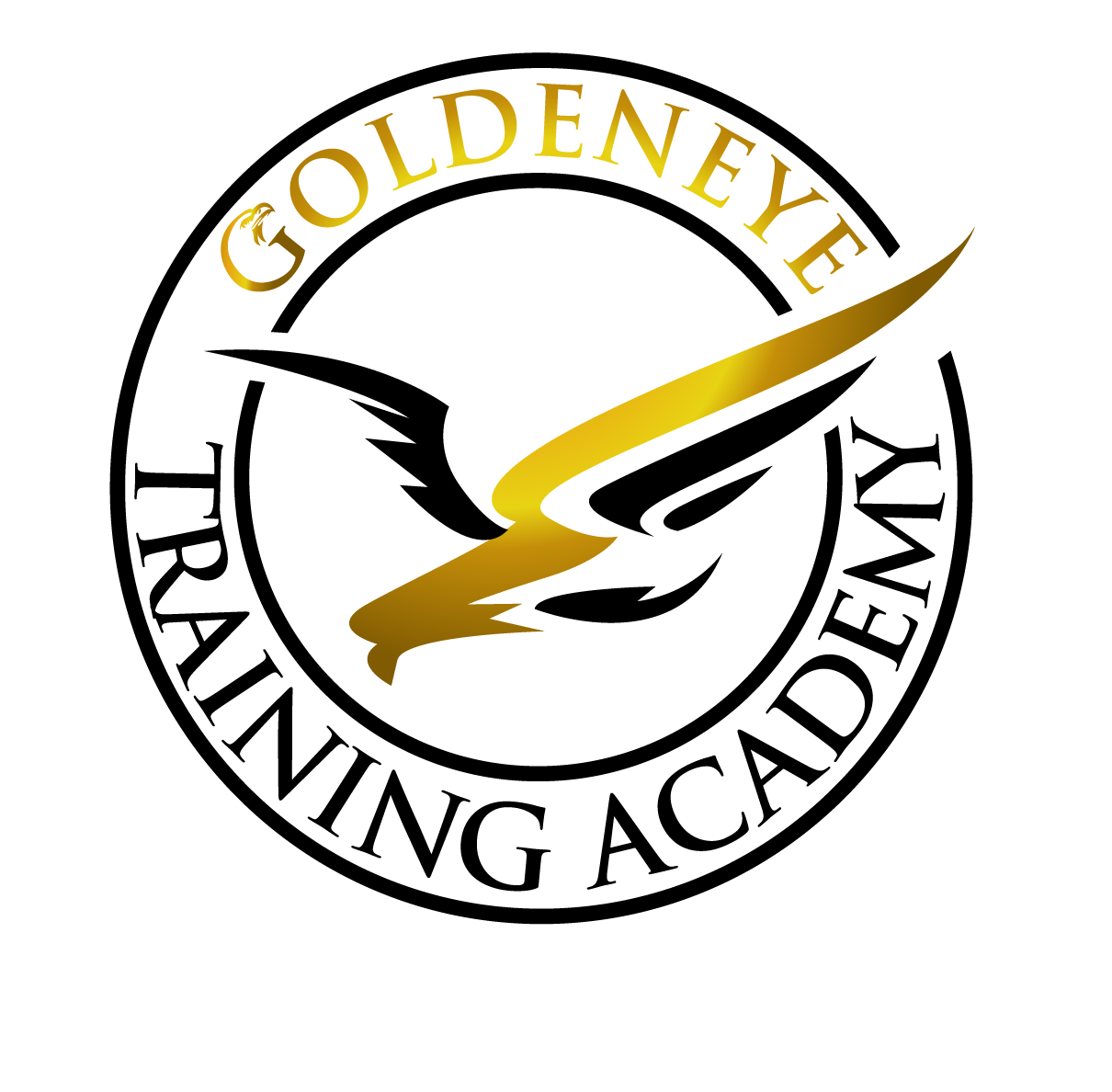BASIC LIFE SUPPORT (BLS)

The Basic Life Support (BLS) course teaches both single-rescuer and team basic life support skills for application in both pre-hospital and in-facility environments, with a focus on High-Quality CPR and team dynamics.
The Basic Life Support (BLS) Course trains participants to promptly recognize several life-threatening emergencies, give high-quality chest compression’s, deliver appropriate ventilation, and provide early use of an AED.
In this course, students participate in simulated clinical scenarios and learning stations. Students work with an AHA BLS Instructor to complete BLS skills practice and skills testing. Students also complete a written exam.
This 6 hour BLS course is administered by the American Heart Association.
The AHA’s BLS Course provides the foundation for saving lives from cardiac arrest. It teaches both single-rescuer and team basic life support skills for application in both pre-hospital and in-facility environments, with a focus on high-quality CPR and team dynamics.
Our instructors are certified with the American Heart Association.
Our team of instructors have a combined 15 years’ medical experience that translates into practical application.
Course Costs: $89.00
PLEASE NOTE: All of these courses are only offered in a blended (online and in-person) format at this time. Students must complete the online portion, followed by the hands-on skills session conducted by our Training Academy Instructors. Students who successfully complete the online course and skills session, will receive a Course Completion card, valid for two years. When paying the above amounts and registering for your course, you will be emailed separately with a keycode (between 24 – 72 hours) to begin the online training course. Once you are completed, contact our office to schedule your skills session for a date and time convenient for you.

Please bring a valid photo ID.

Basic life support (BLS) training reinforces healthcare professionals’ understanding of the importance of early CPR and defibrillation, performing CPR, choking relief, using an AED, and the role of each link in the Chain of Survival.

Topics covered include:
- All classroom and practical material
- Use of CPR manikins & masks
- Use of practice AED
- Use of training Epi-Pen
- Choking
- BVM’s are also covered
- Knowledge on how to treat: environmental emergencies, allergic reactions, assessing the patient, and much more!

